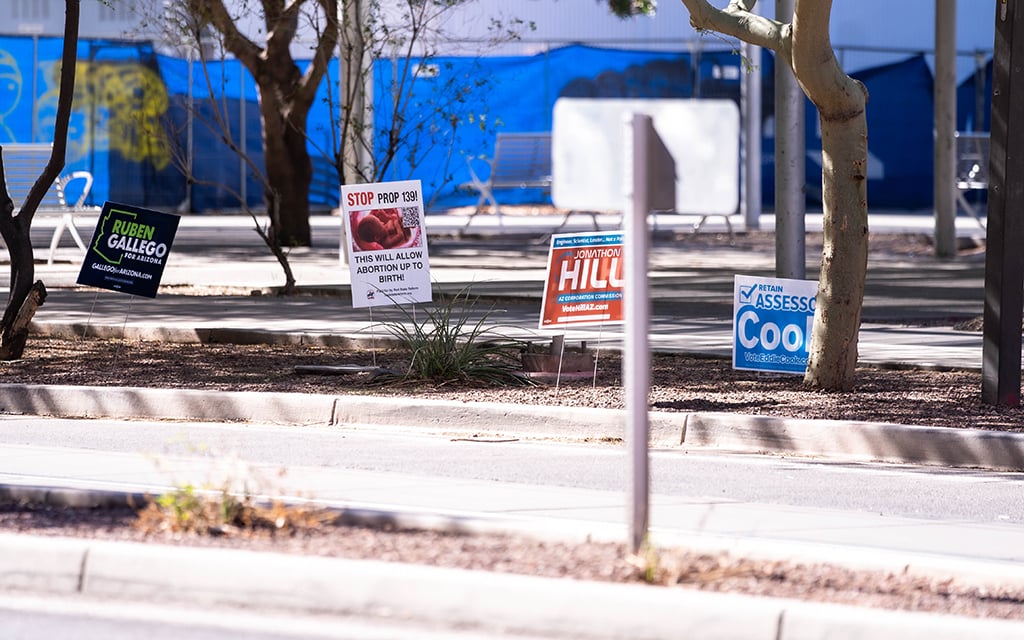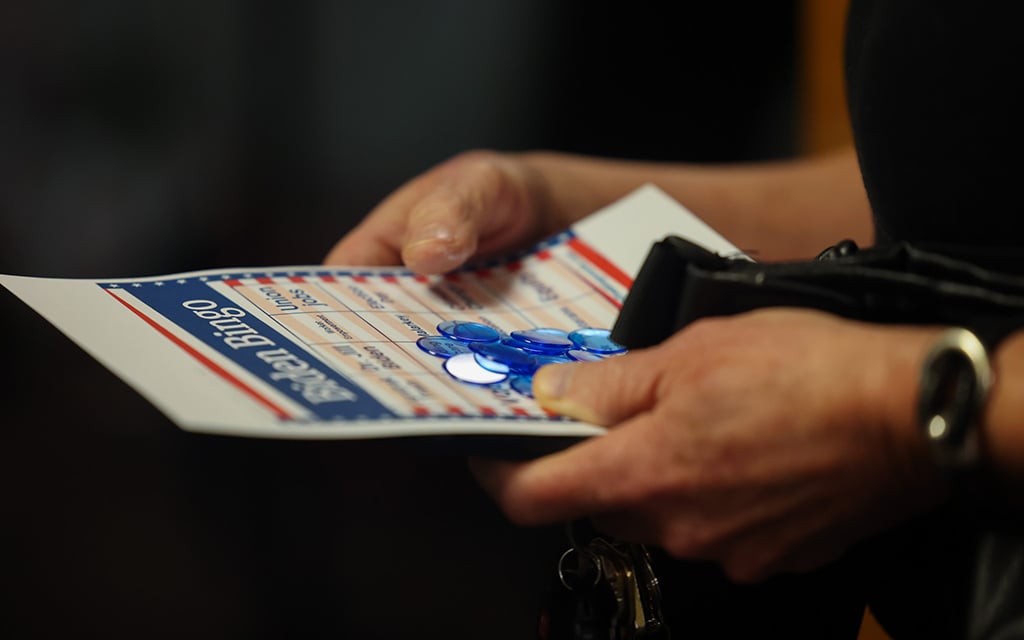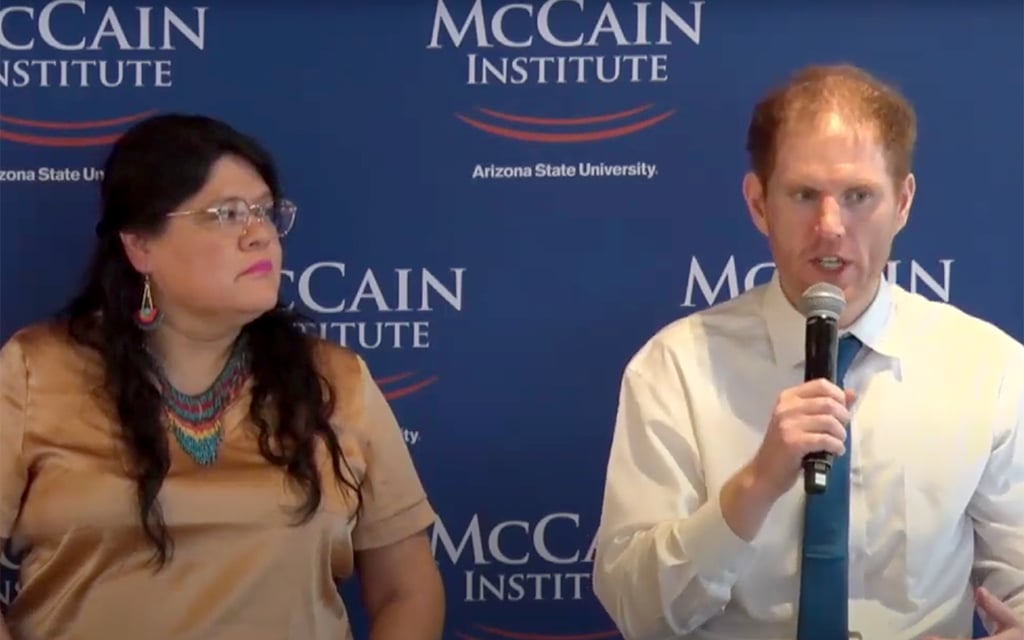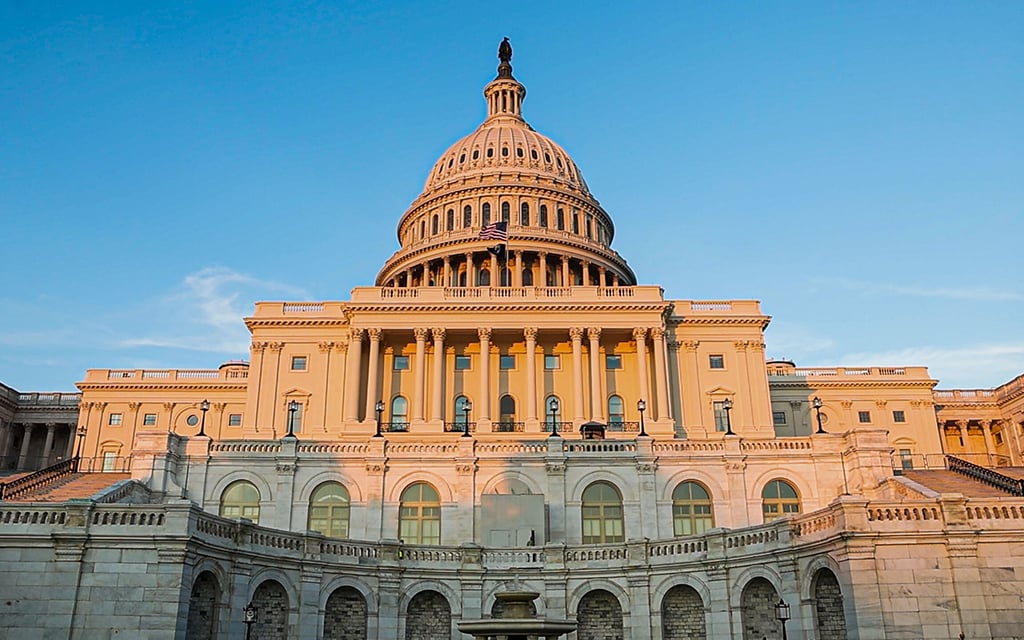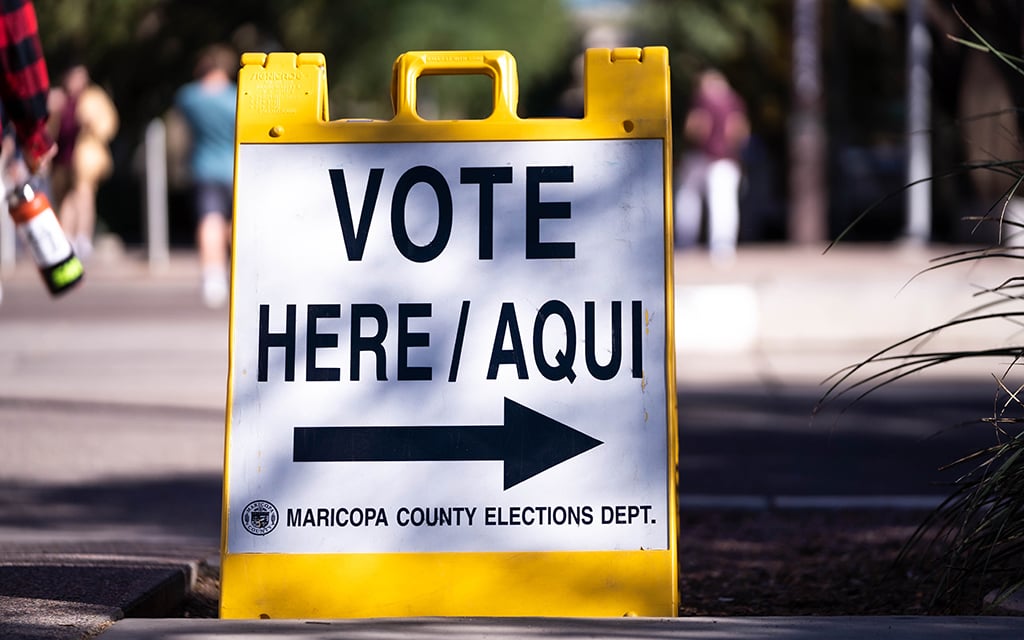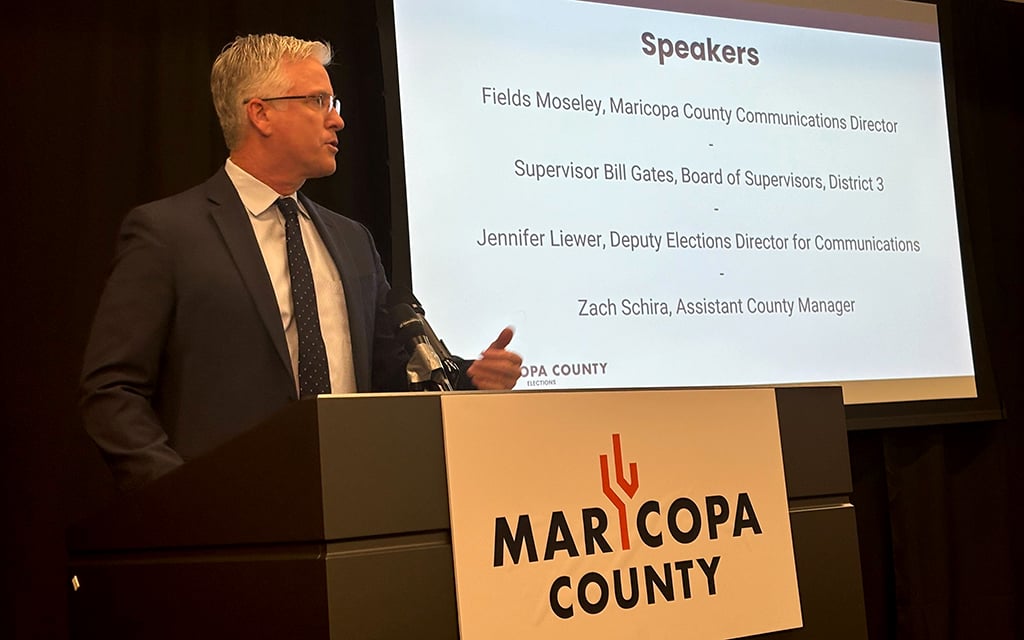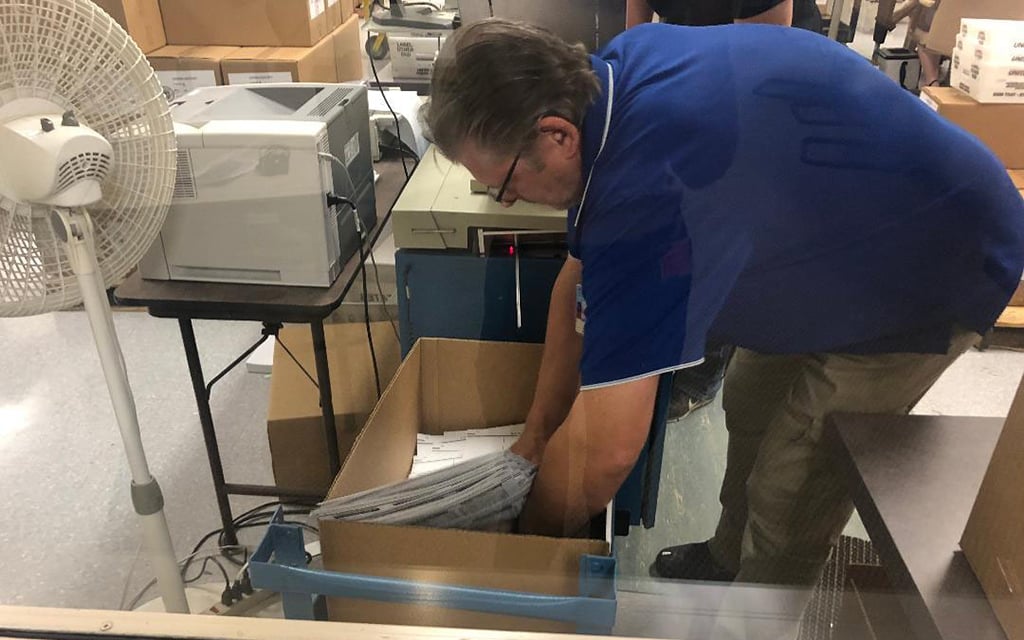PHOENIX – Arizona voters have been swarmed with a plethora of ballot measures. The two most controversial proposals got the lion’s share of attention: Proposition 314, to expand immigration enforcement, and Proposition 139, to codify abortion rights in the state constitution.
But the other 11 proposals would also impact the people of Arizona. Here’s a breakdown of what voters are weighing in on:
Proposition 140
Prop. 140 aims to address some of the partisanship in Arizona politics by replacing the traditional party primaries with ranked-choice voting. If approved, primary elections would include all candidates regardless of political affiliation on a single ballot. The top vote-getters – exactly how many would be set by the Legislature – would advance to the general election. Prop. 140 is a citizen-initiated measure from the Make Elections Fair PAC.
Proposition 133
In contrast to Prop. 140, Prop. 133 would codify the use of partisan primaries, in which voters affiliated with each political party nominate candidates for the general election. This is the current system in Arizona and Prop. 133 would require that system to remain in place under the state’s constitution. Prop. 133 was referred to the ballot by the Arizona Legislature, whose members were elected through the traditional primary system.
Proposition 134
Prop. 134 would make it much harder to place initiatives and referendums on the ballot by petition.
For a constitutional amendment, the threshold is 15% of the number of people who voted in the last gubernatorial election. For statewide statutory measures, it’s 10% of that total; and for statewide referendums, it is 5%. The signatures can be collected anywhere in Arizona.
Under Prop. 134, those percentages would apply in each of the 30 legislative districts in the state – a much bigger challenge than rounding up all the signatures in, say, Maricopa County alone.
Proposition 135
Under current law, the governor can declare a state of emergency for up to 120 days. Prop. 135 would set a 30-day cap without approval from the Legislature, with exceptions for emergencies such as war or natural disaster.
Under a state of emergency, the governor has control over state agencies and over police presence within a designated area. Prop. 135 would require the governor to call a special legislative assembly if one-third of legislators request one. If the Legislature fails to approve an extension, the governor is barred from declaring another state of emergency under the same conditions.
Proposition 136
Prop. 136 would allow legal challenges to proposed ballot measures before voters decide on approval – from when they’re filed with the Secretary of State through 100 days before Election Day. Currently, state courts lack authority to decide ahead of time whether a proposal would violate the state or federal constitution. If the courts do find a violation, the measure would not appear on the ballot.
Proposition 137
Prop. 137 would eliminate retention elections for Arizona Supreme Court justices, judges on the Court of Appeals, and Superior Court judges in counties with at least 250,000 people.
Instead, judges would be subject to evaluations by the Commission on Judicial Performance Review and could be retained until the age of 70. Judges could still face a retention election if convicted of a felony or a crime involving fraud or dishonesty, if they declare bankruptcy proceeding, hold a mortgage that is foreclosed on, or fall short of performance standards set by the review commission.
If Prop. 137 is passed during the general election, the results for the retention elections on the ballot will not be included in the final vote and will not result in retention or rejection of a current judge.
Proposition 138
Prop. 138 would let employers pay tipped workers 25% less per hour, as long as the worker still earns at least minimum wage plus $2 per hour.
The minimum wage in Arizona is $14.35 an hour and tipped workers can be paid $11.35 an hour under current law. If this proposition passes, tipped workers could be paid as little as $10.77 an hour.
Prop. 139 would codify abortion rights under the state constitution through viability. That’s the point at which a fetus can survive outside of the uterus without extreme medical attention, about 24 weeks into a pregnancy. Currently, abortion is legal up to 15 weeks in Arizona. That limit went into effect in late 2022, five months after the U.S. Supreme Court overturned Roe v. Wade.
Proposition 311
Prop. 311 would establish a state death benefit of $250,000 for families of first responders killed in the line of duty. To cover the costs, every criminal conviction would carry a new $20 fee.
If the fund exceeds $2 million, the Legislature could use the excess for peace officer training, equipment and other benefits. The fund could also be used to help first responders injured in the line of duty. The measure also includes harsher penalties for attacks on first responders.
Proposition 312
With the surges of unhoused people in Arizona, Prop. 312 would allow property owners to apply for a tax refund if public nuisances on their property are not properly dealt with. That includes loitering, using illegal drugs or panhandling.
Proposition 313
Prop. 313 boosts penalties for child sex trafficking, up to life without parole.
Supporters contend this will ensure that Arizona is protecting children from harm. Opponents warn that victims who are forced to coerce others into sex trafficking would be treated too harshly in sentencing.
Prop. 314, also known as the Secure the Border Act, has seen support from Republican lawmakers during the ongoing debate around the southern border. The measure would make it a state crime to enter the country illegally and would allow state and local police arrest noncitizens for that crime, and allow state judges to order such defendants expelled from the United States. It would also criminalize submitting false documents to show employment eligibility or to receive government aid.
This proposition also would make it a Class 2 felony to knowingly sell fentanyl that kills someone.
Proposition 315
Prop. 315 would block state regulations that impose costs above $500,000 within five years without legislative approval. The Office of Economic Opportunity would review rules proposed by state agencies that cost more than $100,000 over five years. These changes would not apply to emergency measures.

